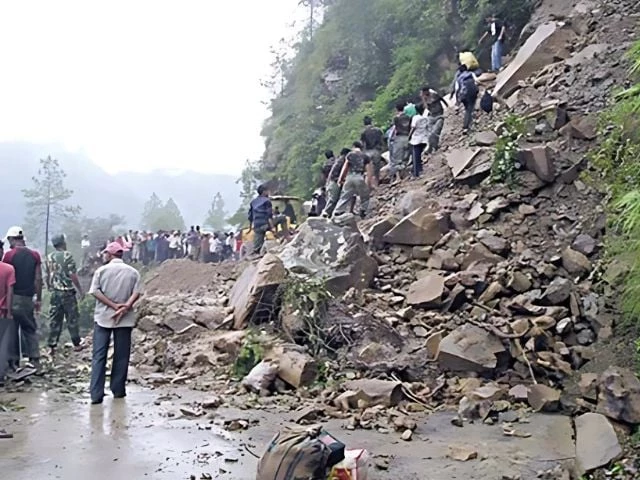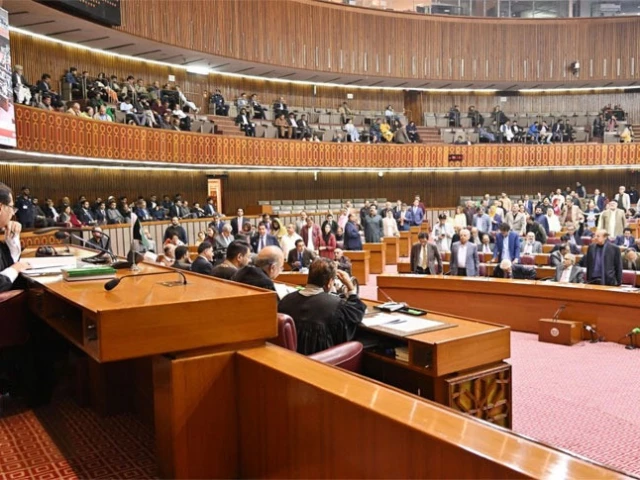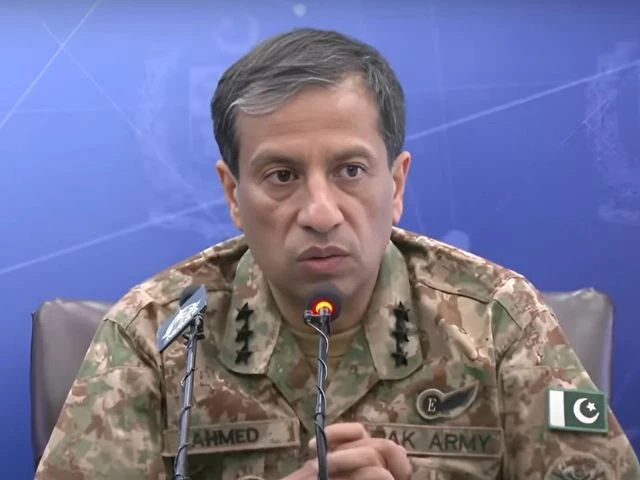The Silent Crisis in Pakistan’s Healthcare: The Diagnostics Dilemma
In Pakistan, where patients often seek medical care only when their conditions become dire, the healthcare system is under immense strain. With a chronic lack of funding and resources, even common ailments can escalate into life-threatening situations. While medicine shortages and treatment gaps attract significant attention, a quieter yet critical issue persists: the failure to accurately and timely diagnose illnesses.
Diagnostics are the foundation of effective healthcare. They help identify diseases early, guiding healthcare providers towards the right treatment, ultimately saving lives. However, in Pakistan, diagnostics have historically taken a backseat in healthcare planning. Dr. Suleman Alvi from Martin Dow Specialties highlights the dire need for functional labs, especially in regional areas. “You might find a hospital, but often, its diagnostics department is lacking,” he notes, emphasizing a significant gap in patient care.
The statistics tell a blunt story: Pakistan ranks 130th out of 195 countries in laboratory systems. This dismal standing pales in comparison to its South Asian neighbors. With the rising prevalence of non-communicable diseases like diabetes and cancer, the need for robust diagnostics has never been more urgent. Professor Dr. Naila Tariq, a prominent pathologist, aptly states, “Without proper diagnostics, treatment becomes erratic.”
The Accessibility vs. Affordability Paradox
Access to diagnostic services may be widespread in Pakistan, but affordability remains a major hurdle. Routine tests can be prohibitively expensive, while awareness about available services is markedly low. “People don’t know which labs to trust or what tests they really need,” Dr. Naila explains. This confusion can lead to unnecessary tests and delayed diagnoses, further complicating patient outcomes.
The real kicker? In many cases, the responsibility for missed diagnoses is misplaced, often falling on healthcare providers rather than the inadequate diagnostics infrastructure. “If the foundational tests are flawed, the treatment can never be effective,” warns Dr. Alvi.
The Importance of Quality Control
Quality is another significant concern. Pakistan’s diagnostic sector is riddled with outdated regulations and poor quality control, resulting in unreliable test results. Dr. Alvi notes a staggering inconsistency in lab results for the same tests across different facilities. “How can doctors make informed decisions when the data they rely on is so varied?” he questions.
Despite these challenges, some labs in Pakistan have managed to adhere to high standards, providing reliable results. However, their reach is limited, predominantly focusing on urban centers. The majority of the rural population remains underserved, further exacerbating the healthcare crisis.
Education and Systemic Barriers
Compounding the issue is the education of future healthcare providers. Many medical students possess a solid understanding of treatment protocols but lack knowledge about the diagnostic process itself. “We need to rethink how we educate doctors,” Dr. Alvi insists. Training should encompass not just treatment but also precision in diagnostics to reduce guesswork.
There’s also a pressing need for national-level reforms that go beyond paper policies. Coordinated efforts between public and private sectors can lead to much-needed structural changes in the healthcare landscape. This includes mandatory quality assurance standards and robust training for healthcare workers.
The Path Forward
To tackle the diagnostics issue in Pakistan, stakeholders need to prioritize early-stage interventions, adequate funding, and regulatory reforms. A focus on education, technology, and accountability can also play crucial roles in bridging diagnostic gaps.
While the struggles within Pakistan’s healthcare system can seem daunting, there’s a clear path toward improvement if all parties work together. As we continue to advocate for better diagnostics, it’s essential to recognize that effective solutions must begin now.
For those interested in delving deeper into this topic or fostering connections that could lead to collaborative solutions, consider exploring platforms like Pro21st to stay informed and engaged in the dialogue about healthcare reform in Pakistan.
At Pro21st, we believe in sharing updates that matter.
Stay connected for more real conversations, fresh insights, and 21st-century perspectives.





